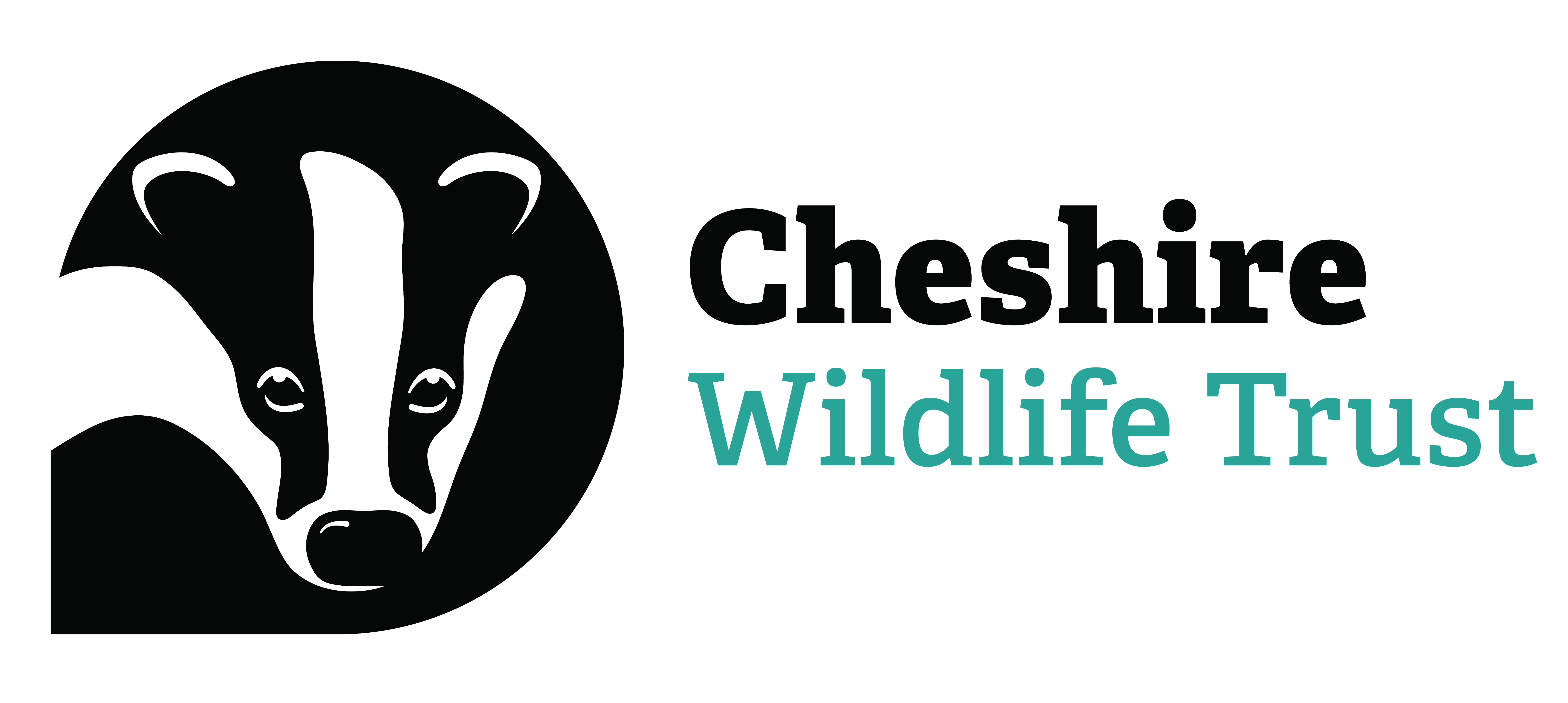A new project exploring the future of farming in Cheshire kicks off this month. Cheshire Wildlife Trust and Cholmondeley Estates are working in collaboration to help shape Defra’s new Environmental Land Management Scheme (ELMS), which support farmers’ efforts to integrate wildlife into how they farm.
Cheshire Wildlife Trust’s Landscape Recovery Tests and Trials Project will collaborate with tenant farmers on the Estate through one to one discussions, workshops and events, to explore how the new schemes could be structured to deliver nature recovery within the farmed environment.
The Landscape Recovery scheme is one of three new environmental land management schemes being proposed by Defra. It is for landowners and managers who want to take a more radical and large-scale approach to producing environmental and climate goods on their land.
Situated in South Cheshire, the Estate comprises 20 farms including Cheshire Wildlife Trust’s headquarters at Bickley Hall Farm and three core wildlife areas known as Sites of Special Scientific Interest: Norbury Mere, Bar Mere and Chapel Mere. The Tests and Trials project aims to investigate how the Landscape Recovery Scheme could be used to connect these three core habitats through a network of buffers and wildlife corridors along hedgerows and watercourses within the farmed environment.
As part of this project, the Cholmondeley Estate will create a demonstration site to investigate the economics of integrating ELMS with other nature-based investments such as biodiversity net gain and carbon credits. These findings will be shared with tenants through site visits and information sharing to explore how finances could be combined to do more for nature.
Lucy Witter, who is running the project, is excited by the opportunities that the collaboration will present: “‘After Brexit, farming is at a crossroads. Many farmers are wondering where support is going to come from. This project is a great opportunity for us to work closely with farmers and help ensure future Environmental Land Management schemes deliver significant nature recovery and supports those farmers who are taking action to enhance wildlife on their farm”.
